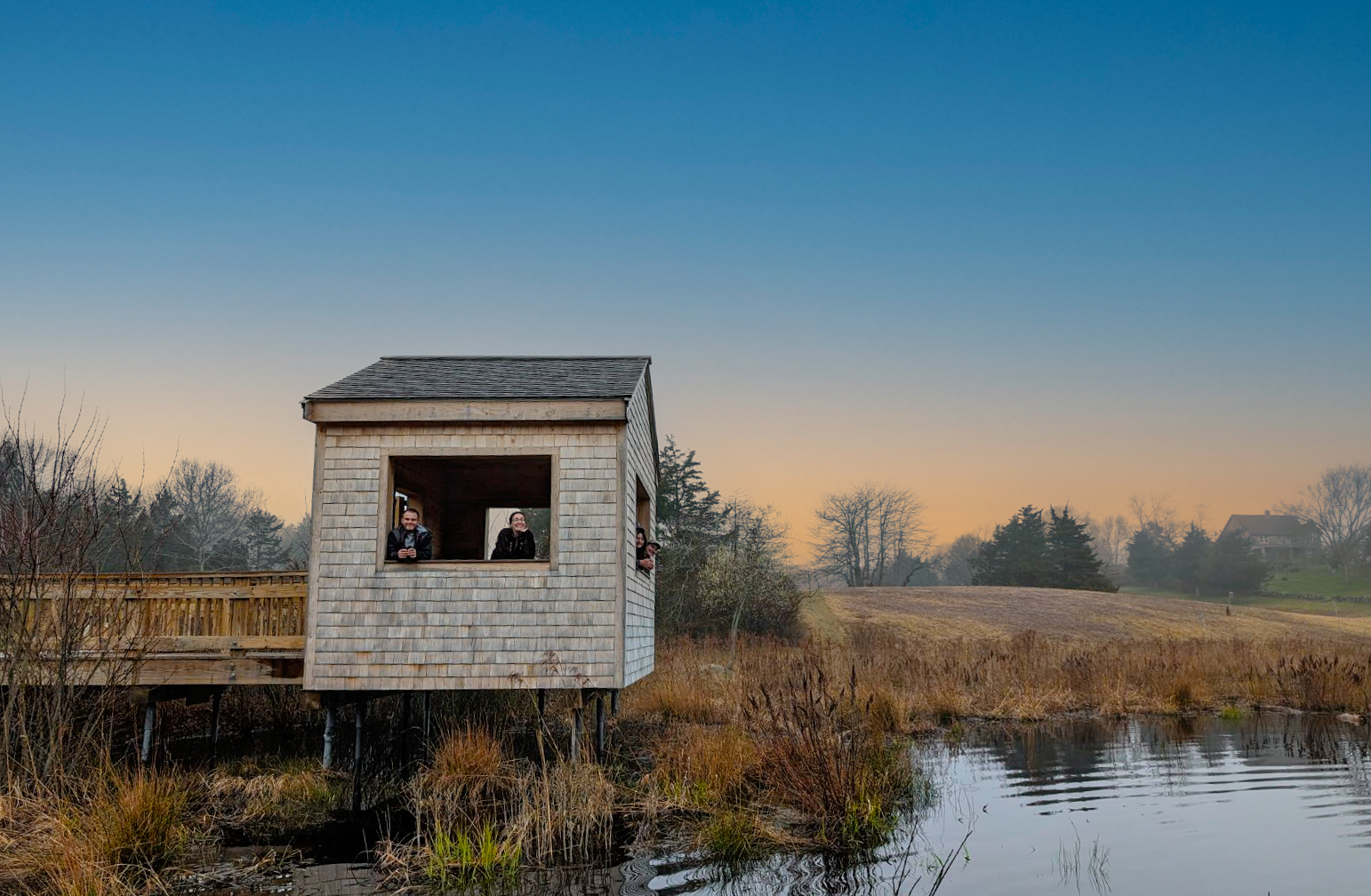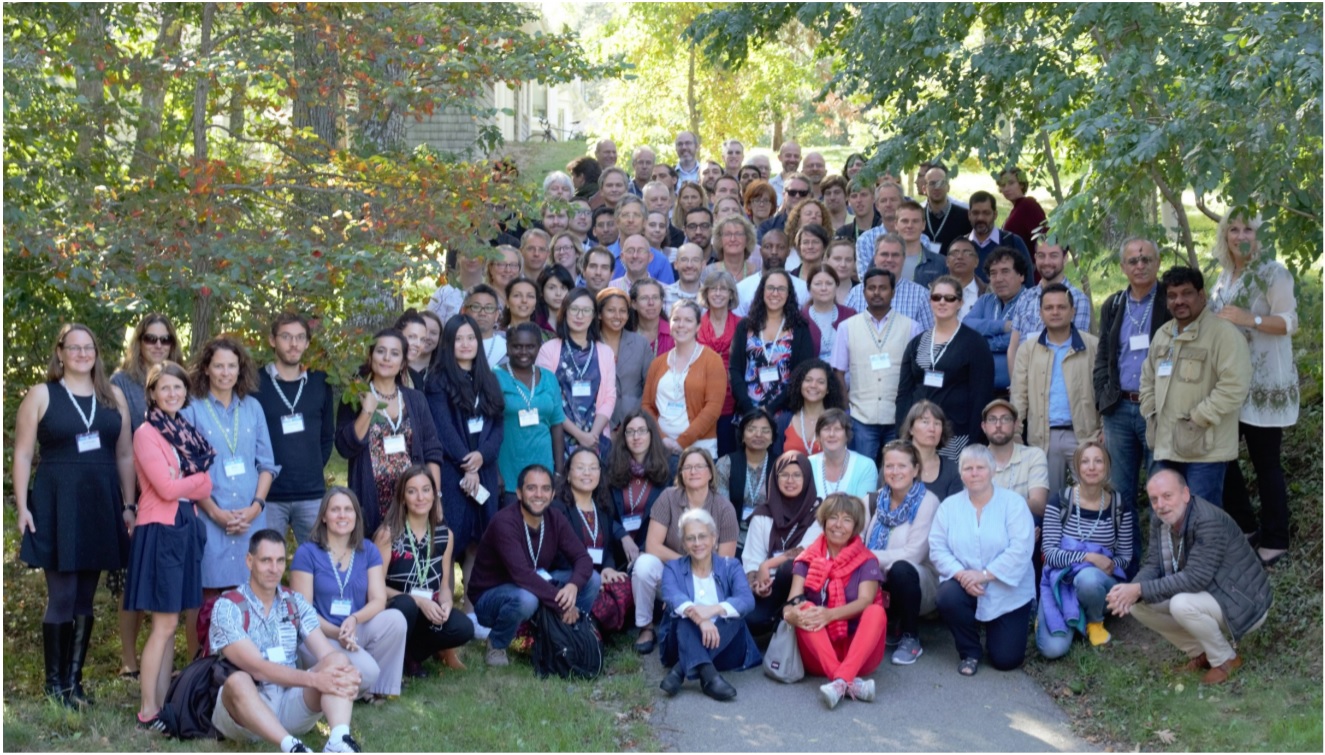Last month, marine scientists from around the world converged on Woods Hole, Massachusetts, for an international conference hosted by the Woods Hole Oceanographic Institution. Anne Hayden, Program Manager in Manomet’s Sustainable Economies Program, received an invitation to present her work on fisheries in the Gulf of Maine.
“I was surprised and flattered to be asked,” Hayden reported.
The conference, Marine biosphere research for a sustainable ocean: Linking ecosystems, future states and resource management, was organized by Integrated Marine Biosphere Research, an international organization based in Bergen, Norway. Hayden was asked to address opportunities for improving the models used by fisheries managers to predict stock dynamics. According to Hayden, “such models often focus on biological factors affecting fish stocks – rates of growth, reproduction, and recruitment into the fishery. Included is consideration of fishing mortality but, in my experience, models tend to oversimplify the behavior of fishermen.”
The conference intentionally brought together social and natural scientists, addressing fisheries as “socio-ecological systems,” focusing on the interrelationship between fish and fishermen.

A group photo of all the IMBeR IMBIZO 5 participants.
Taken from imber.info
“I described a range of harvesting behavior in the Gulf of Maine,” Hayden said, “from those seeking short term gain in the groundfishery with little consideration for the future, to the conservative behavior of Maine’s lobstermen who play a significant role on the management of a sustainable fishery. It’s important for modelers to understand the conditions that lead to one outcome versus the other. Fluctuations in market demand for seafood and the cost of fuel and bait also affect fishing mortality. I shared our approach at Manomet – working with the people who manage the ecosystems needed to sustain our world. Understanding the incentives fishermen face and recognizing that they have local knowledge critical to understanding the dynamics of fish stocks opens up a new approach to management.”
Much discussion at the conference focused on climate impacts on fisheries. The Intergovernmental Panel on Climate Change (IPCC) has produced a series of assessments of climate impacts, including impacts on oceans. Attendees expressed confidence in these assessments of global impacts and discussed ways of ensuring that they can also contribute to predicting fisheries impacts at a regional scale, for example, the Gulf of Maine.
“The conference was a great opportunity to meet oceanographers, fisheries scientists, modelers, political scientists, and others,” Hayden noted, “all working together to better understand the drivers of fisheries.”





 Back to all
Back to all